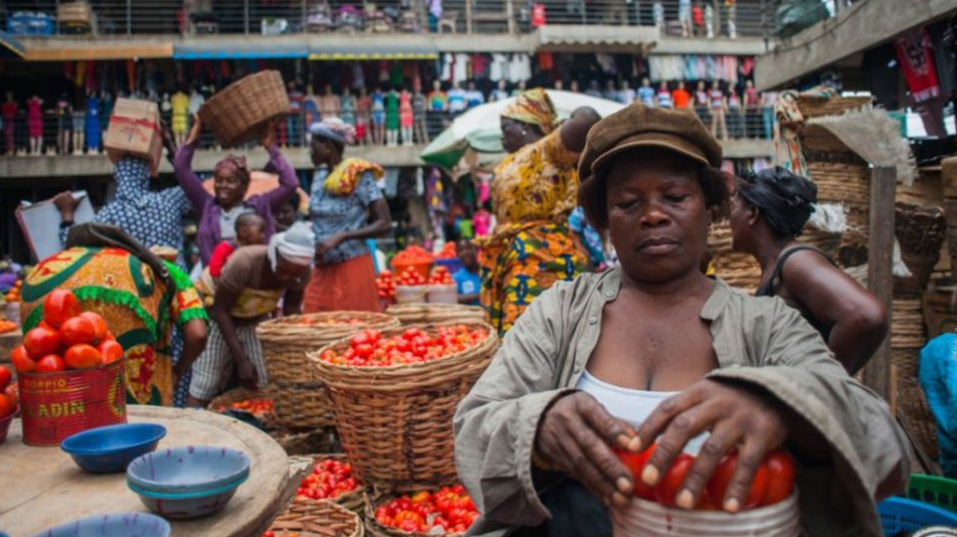
If you’ve ever walked into a Nigerian market and accepted the first price a seller called, chances are you paid way more than you should have.
Market sellers, whether in Lagos’ Mile 12 or Onitsha main market, always start high, expecting buyers to haggle.
The rules are always the same: the price you hear is never the price you pay. If you don’t negotiate, you’ll be overcharged.
But don’t worry, we’ve got you. Here are some insider tricks that will help you negotiate like a market veteran.)
1. Never show too much interest
The moment a seller senses your excitement, the price magically doubles. Keep your expression neutral, even if you’ve been searching for that exact item for weeks. A casual “I’m just looking” or “I’ll come back” makes them more likely to drop the price to keep you from walking away.
If you’re eyeing that Ankara fabric, don’t grab it immediately like it’s the last one on earth. Casually ask, “How much is this?” while looking unbothered. Even if it’s the exact pattern you’ve been searching for, maintain your poker face. The less interested you seem, the lower the starting price will be.
2. Start ridiculously low
A good rule? Counter with 30-40% of the asking price. If they say “₦10,000,” respond with “₦3,500” and let the back-and-forth begin.
Just don’t go too low, unless you want the seller to clutch their chest and declare, “Ah! You want to send me back to my village?”
3. The “I’m a regular” lie
Sellers are more likely to give fair prices if they think you’re a repeat customer. Walk up confidently and say: “Ah, Aunty, I always buy from you, you know me nah! Give me better price today.”
Even if it’s your first time, this would make them reconsider overcharging you. If they ask, “When did you buy from me before?” just laugh and say, “Ah, you don’t remember? Last time, I bought that blue lace” They’ll pretend to recall and play along.
Nothing drops prices faster than seeing a customer leave. After a bit of back and forth, if they’re not budging, simply say “Okay, no wahala,” and start walking away.
Nine times out of ten, the seller will call you back with a better offer. Why? Because they’d rather make something than nothing, and they know they’re not the only seller in that market.) If they don’t, you can always return later; but chances are, you’ll find a better deal elsewhere.
If they don’t, you can always return later; but chances are, you’ll find a better deal elsewhere.
5. Bring your ‘market face’ and your street pidgin
Look, English is great for boardrooms, but in Nigerian markets? Switch it up. A little Pidgin goes a long way. Say “Madam, abeg na” instead of “Please, I beg you.” Or throw in some slang: “You wan cut my neck?” (translation: Your price is too high).
When you speak like a local, sellers are more likely to treat you like one. Also, don’t smile too much. Don’t giggle. Bring that straight face. Respectfully stern. That’s your “market face” that says, “I’ve been here before. I know how this goes. Try me if you like.”
Bonus point: The broke student/corper strategy
Dress down and play the sympathy card. Sellers are more likely to soften if they think you’re struggling. Say, “Aunty, I’m just a student, help me, abeg!” Works like magic, especially if you throw in a “God will bless you!”
Master these tricks, and soon, you’ll be the one telling stories of how you bought a ₦20,000 item for ₦5,500.
Now go forth and haggle like your wallet depends on it, because it does!






